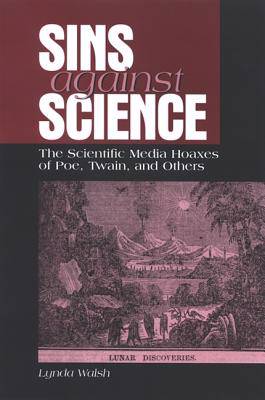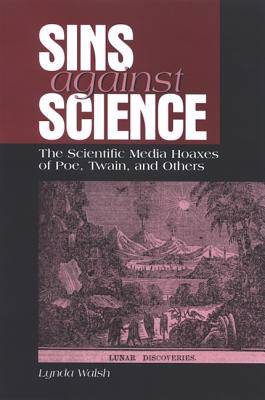
- Afhalen na 1 uur in een winkel met voorraad
- Gratis thuislevering in België vanaf € 30
- Ruim aanbod met 7 miljoen producten
- Afhalen na 1 uur in een winkel met voorraad
- Gratis thuislevering in België vanaf € 30
- Ruim aanbod met 7 miljoen producten
Zoeken
€ 145,45
+ 290 punten
Uitvoering
Omschrijving
Lynda Walsh explores a provocative era in American history--the proliferation of fake news stories about scientific and technological discoveries from 1830 to 1880. These hoaxes, which fooled thousands of readers, offer a first-hand look at an intriguing guerilla tactic in the historical struggle between arts and sciences in America. Focusing on the hoaxes of Richard Adams Locke, Edgar Allan Poe, Mark Twain, and Dan De Quille, the author combines rhetorical hermeneutics, linguistic pragmatics, and reader-response theory to answer three primary questions: How did the hoaxes work? What were the hoaxers trying to accomplish? And--what is a hoax?
Specificaties
Betrokkenen
- Auteur(s):
- Uitgeverij:
Inhoud
- Aantal bladzijden:
- 296
- Taal:
- Engels
- Reeks:
Eigenschappen
- Productcode (EAN):
- 9780791468777
- Verschijningsdatum:
- 1/02/2007
- Uitvoering:
- Hardcover
- Formaat:
- Genaaid
- Afmetingen:
- 162 mm x 219 mm
- Gewicht:
- 544 g

Alleen bij Standaard Boekhandel
+ 290 punten op je klantenkaart van Standaard Boekhandel
Beoordelingen
We publiceren alleen reviews die voldoen aan de voorwaarden voor reviews. Bekijk onze voorwaarden voor reviews.











